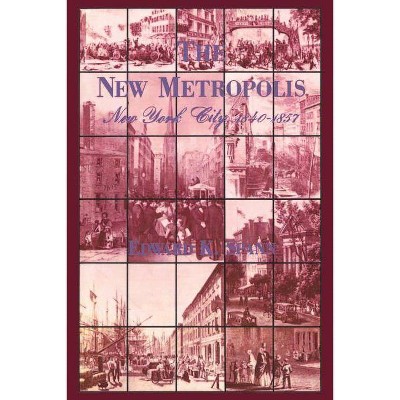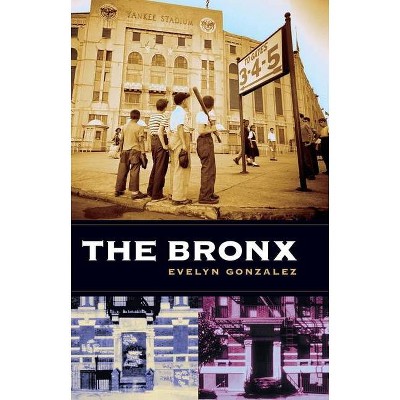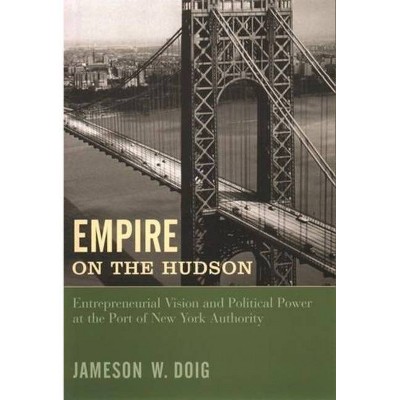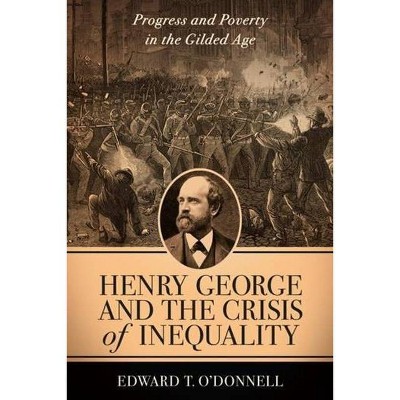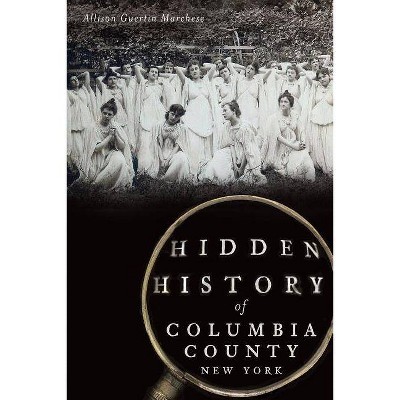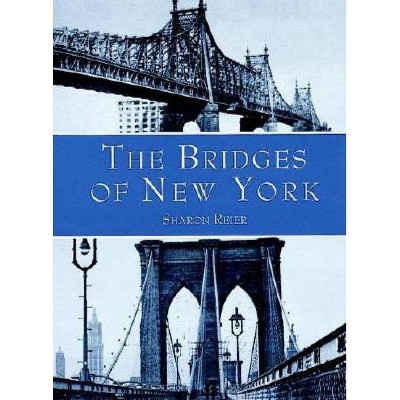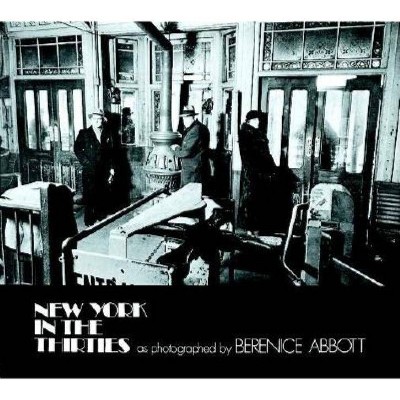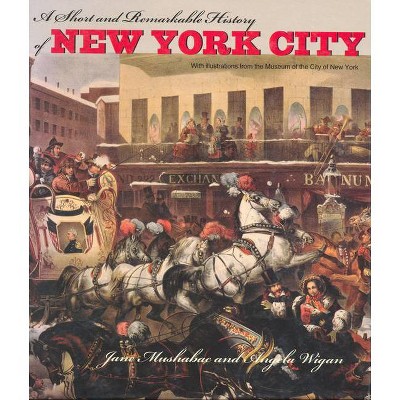Ed Koch and the Rebuilding of New York City - (Columbia History of Urban Life) by Jonathan Soffer (Paperback)
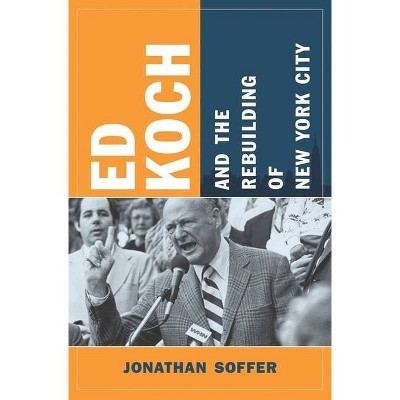
Similar Products
Products of same category from the store
AllProduct info
<p/><br></br><p><b> About the Book </b></p></br></br><p>In 1978, Ed Koch assumed control of a city plagued by filth, crime, bankruptcy, and racial tensions. Yet by the end of his mayoral run in 1989 and in spite of the Wall Street crash of 1987, his administration had begun rebuilding neighborhoods and infrastructure. Unlike many American cities, Koch's New York was growing, not shrinking. Gentrification brought new businesses to neglected corners and low-end rental housing was converted into to coops and condos. Nevertheless, not all the changes were positive: AIDS, crime, homelessness, and violent racial conflict increased, marking a time of great--if somewhat uneven--transition. </p><p>For better or worse, Koch's efforts convinced many New Yorkers to embrace a new political order, one which subsidized business--particularly finance, insurance, and real estate--and privatized public space. Each phase of the city's recovery required a difficult choice between moneyed interests and social services, forcing Koch to be both a moderate and a pragmatist as he tried to mitigate growing economic inequality. As the first book to recast Koch's legacy through personal and mayoral papers, authorized interviews, and oral histories, this volume plots a history of New York City through two rarely studied yet crucial decades: the bankruptcy of the 1970s and the recovery and crash of the 1980s.</p><p/><br></br><p><b> Book Synopsis </b></p></br></br><p>In 1978, Ed Koch assumed control of a city plagued by filth, crime, bankruptcy, and racial tensions. By the end of his mayoral run in 1989 and despite the Wall Street crash of 1987, his administration had begun rebuilding neighborhoods and infrastructure. Unlike many American cities, Koch's New York was growing, not shrinking. Gentrification brought new businesses to neglected corners and converted low-end rental housing to coops and condos. Nevertheless, not all the changes were positive--AIDS, crime, homelessness, and violent racial conflict increased, marking a time of great, if somewhat uneven, transition.</p><p>For better or worse, Koch's efforts convinced many New Yorkers to embrace a new political order subsidizing business, particularly finance, insurance, and real estate, and privatizing public space. Each phase of the city's recovery required a difficult choice between moneyed interests and social services, forcing Koch to be both a moderate and a pragmatist as he tried to mitigate growing economic inequality. Throughout, Koch's rough rhetoric (attacking his opponents as "crazy," "wackos," and "radicals") prompted charges of being racially divisive. The first book to recast Koch's legacy through personal and mayoral papers, authorized interviews, and oral histories, this volume plots a history of New York City through two rarely studied yet crucial decades: the bankruptcy of the 1970s and the recovery and crash of the 1980s.</p><p/><br></br><p><b> Review Quotes </b></p></br></br><br>New York admirers will find much to relish here, while those interested in learning how municipal governments work, especially during financial crisis, will be especially during financial crisis, will be especially enlightened by Soffer's efforts.--Library Journal<br><br>'How'm I doin'?', Ed Koch's tagline, promised New Yorkers accountability and order after a fiscal crisis that brought the city to the verge of bankruptcy, the Son of Sam serial murders, and the racial mayhem of the July 1977 blackout. Brilliant and witty, jovial and magnetic, Koch was also a mean, stubborn, and polarizing figure. Jonathan Soffer brilliantly navigates us through the sea of local, national, and international events that created the phenomenon that is 'Hizzoner.'--Craig Steven Wilder, Massachusetts Institute of Technology, author of <i>A Covenant with Color: Race and Social Power in Brooklyn</i><br><br>In his evenhanded treatment of the confrontational and controversial mayor, Soffer endorses the liberal indictment and fully acknowledges Koch's shortcomings. At the same time, however, the author presents a compelling brief for Koch that underscores the desperate condition of New York City in the late 1970s and argues convincingly for the mayor's decision to employ draconian measures.--Roger Biles "American Historical Review "<br><br>Jonathan Soffer's is now the go-to book on Ed Koch and his mayoralty. Critical yet even-handed, it is lucidly written, theoretically sophisticated, and solidly sourced in interviews and archives. And it offers fresh perspectives on many aspects of New York's history in the 1960s-1990s, notably the neoliberal turn, the fiscal crisis, racial and religious relations, and the interlinked trinity of gentrification, homelessness, and redevelopment.--Mike Wallace, City University of New York, coauthor of the Pulitzer-Prize winning <i>Gotham: A History of New York City to 1898</i><br><br>Provides an invaluable resource for urbanists, historians, scholars of New York, and anyone interested in this extraordinary subject, city, and time.--Miriam Greenberg "Journal of American History "<br><br>Soffer has written a fascinating biography of New York City Mayor Ed Koch--but he has done so much more than that. He skillfully uses Koch's reign to tell the story of the city from 1978 to 1990, a rags-to-riches saga with many lessons for today's cities as they cope with enormous financial pressure. Whether or not you are a New Yorker, this marvelously told tale of a mayor and his city will grip you.--Lizabeth Cohen, Harvard University, author of <i>A Consumers' Republic: The Politics of Mass Consumption in Postwar America</i><br><br>Soffer is able to bring Ed Koch into critical focus through his narrative gaze, clean writing style, and expert use of a dazzling array of sources. By using such a colorful character as Koch, Soffer illuminates the way neoliberalism has made, remade, and unmade our urban landscape. He illuminates the importance of Koch in local and national politics and represents a larger phenomenon in America life. By thoroughly examining the politics and policies of his mayoralty, he allows us to see more clearly the world in which we live.--Richard Greenwald, Drew University, author of <i>The Triangle Fire, the Protocols of Peace, and Industrial Democracy In Progressive Era New York</i><br><br>This fascinating, entertainingly written and illuminating book, the best piece of contemporary urban history I've read in a long time, is a marvel of even-handedness and balance.--Phillip Lopate "The Millions "<br><p/><br></br><p><b> About the Author </b></p></br></br>Jonathan Soffer is associate professor of history at New York University's Polytechnic Institute.
Price History
Cheapest price in the interval: 24.95 on November 8, 2021
Most expensive price in the interval: 24.95 on December 20, 2021
Price Archive shows prices from various stores, lets you see history and find the cheapest. There is no actual sale on the website. For all support, inquiry and suggestion messages communication@pricearchive.us

